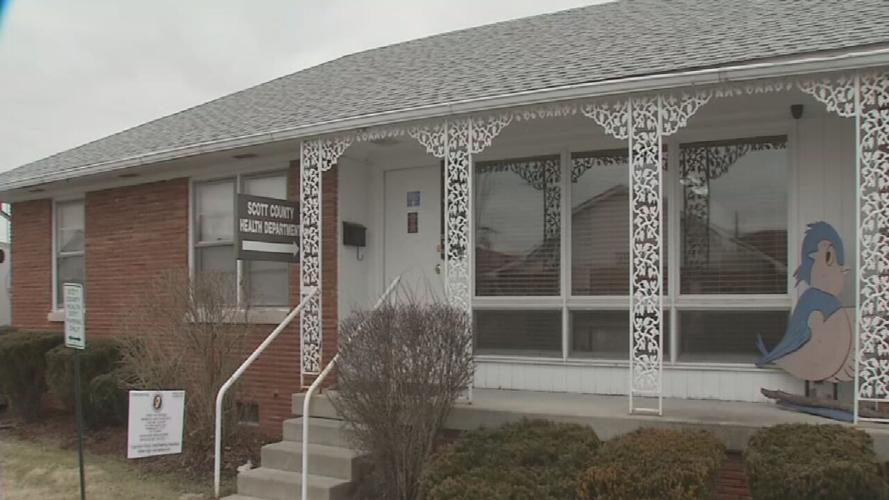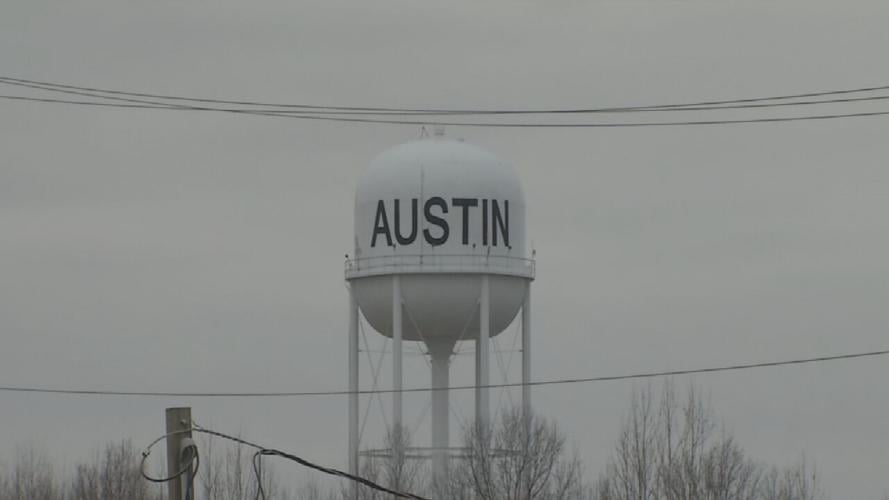AUSTIN, Ind. (WDRB) -- Ten years ago, the small city of Austin gained national attention for an alarming reason: an unprecedented HIV outbreak linked to intravenous drug use and needle sharing.
At the time, Dr. William Cooke was the only physician in Austin. He started his practice there in 2004 because he saw the community lacked health care.
"People were using the same syringes over and over and over again until they were so dull, they hardly poked through the skin," Cooke said. "People were sharing syringes."
The outbreak, which began in February 2015, was exacerbated by a lack of health care resources and addiction treatment in the rural southern Indiana town. By the time intervention efforts began, HIV and Hepatitis C had already spread rapidly among drug users.
"Once an infection like Hepatitis C or HIV enters into a community where people are sharing syringes, it can really spread like wildfire. And that’s what happened," Cooke said.
Now, in 2025, Cooke said progress has been made in some areas while challenges remain.
"We’re able to treat addiction. We’re able to treat Hepatitis C and cure it," he said. "We’re able to treat HIV, and treatment is prevention. By treating people with HIV, we’re preventing HIV. However, we’re still not real good at harm reduction."
One major setback came in 2021 when the Scott County Commissioners voted to end the syringe exchange program that was established in response to the outbreak. According to the Centers for Disease Control and Prevention (CDC), the program had successfully reduced needle-sharing by 52%.
"We only had one case of HIV in the county in 2020 after 200 cases," Cooke said. "Then in 2021, we repeated that — only one case. But then the syringe service program closed, and we had four new cases in the first six months of that year."
Since the closure of the exchange program, Cooke says testing has become less common, and he continues to see new HIV cases in his practice every few months.
To raise awareness over what happened in Austin, Cooke wrote a book called "Canary in the Coal Mine." He chose that title to warn about the toxic conditions that led to the outbreak.
Previous Coverage:
- Southern Indiana woman fighting to relaunch syringe exchange program in Scott County
- Scott County Jail could soon use new peer support program to fight substance abuse, addiction
- 2 Indiana organizations lobbying to bring back Scott County needle exchange program
- City of Austin to restore syringe exchange ahead of county-wide expiration next month
- Southern Indiana needle exchange program that helped curb HIV outbreak to be shut down
- Scott County's needle exchange program could be one step closer to ending
- Supporters of embattled needle exchange in Scott County say it's solving an ugly, dangerous problem
- Cutting needle exchange could cost Scott County millions, sheriff warns
- Top doctors say HIV will spread if Scott County leaders cut needle exchange program
- Scott County leaders to decide future of needle exchange program
- New CDC report says needle exchange in Scott County, Indiana, is working
Copyright 2025 WDRB Media. All rights reserved.















